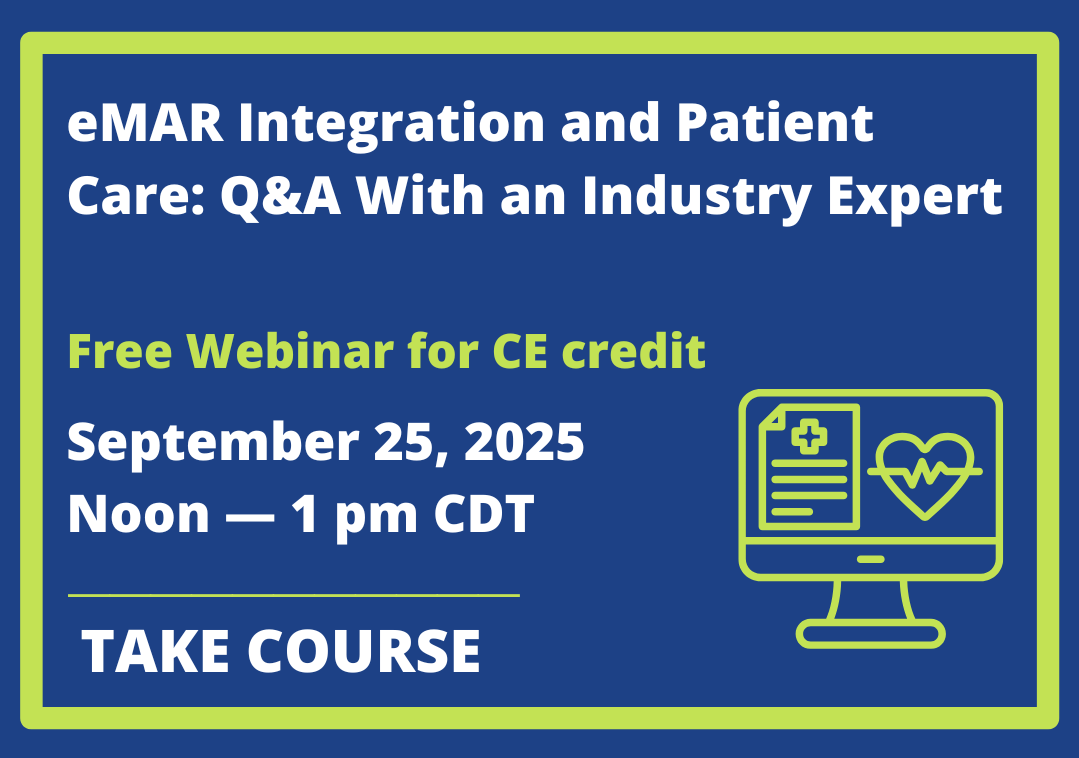WHO WE SERVE
WHO WE SERVE

MAKING MEDS EASIER FOR EVERY LEVEL OF THE CARE CONTINUUM
MAKING MEDS EASIER FOR EVERY LEVEL OF THE CARE CONTINUUM
NO MATTER YOUR ROLE, FIND SOLUTIONS THAT MAKE LIFE EASIER.

The average senior takes 10-14 medications, and the number increases with age, comorbidity, and care setting. Multiply that by dozens—if not hundreds—of residents in a residential care community, long-term care facility, or even those receiving LTC services in their homes. It’s no wonder managing meds is such a chronic source of frustration and potential liability for provider organizations.
With the ever-changing regulatory landscape and staffing crunch that you face, it’s imperative that you have a rock-solid partner to take the drama out of pharmacy services so your residents, patients—and your business—can thrive.
Whether your focus is on clinical care or managing operations so that everything runs smoothly, Forum’s services are tailored to make medication management easy and hassle free.
RESIDENTS & FAMILIES
Forum contracts with residential care facilities to provide the medications and specialized pharmacy services needed to provide the best care to meet residents’ needs. Our dedicated, interdisciplinary team of experts work around the clock to care for the well-being and special needs of each individual. And with a Pharmacy Concierge assigned to each location, residents and families can be confident they can get the answers—and help—they need, when they need it.


